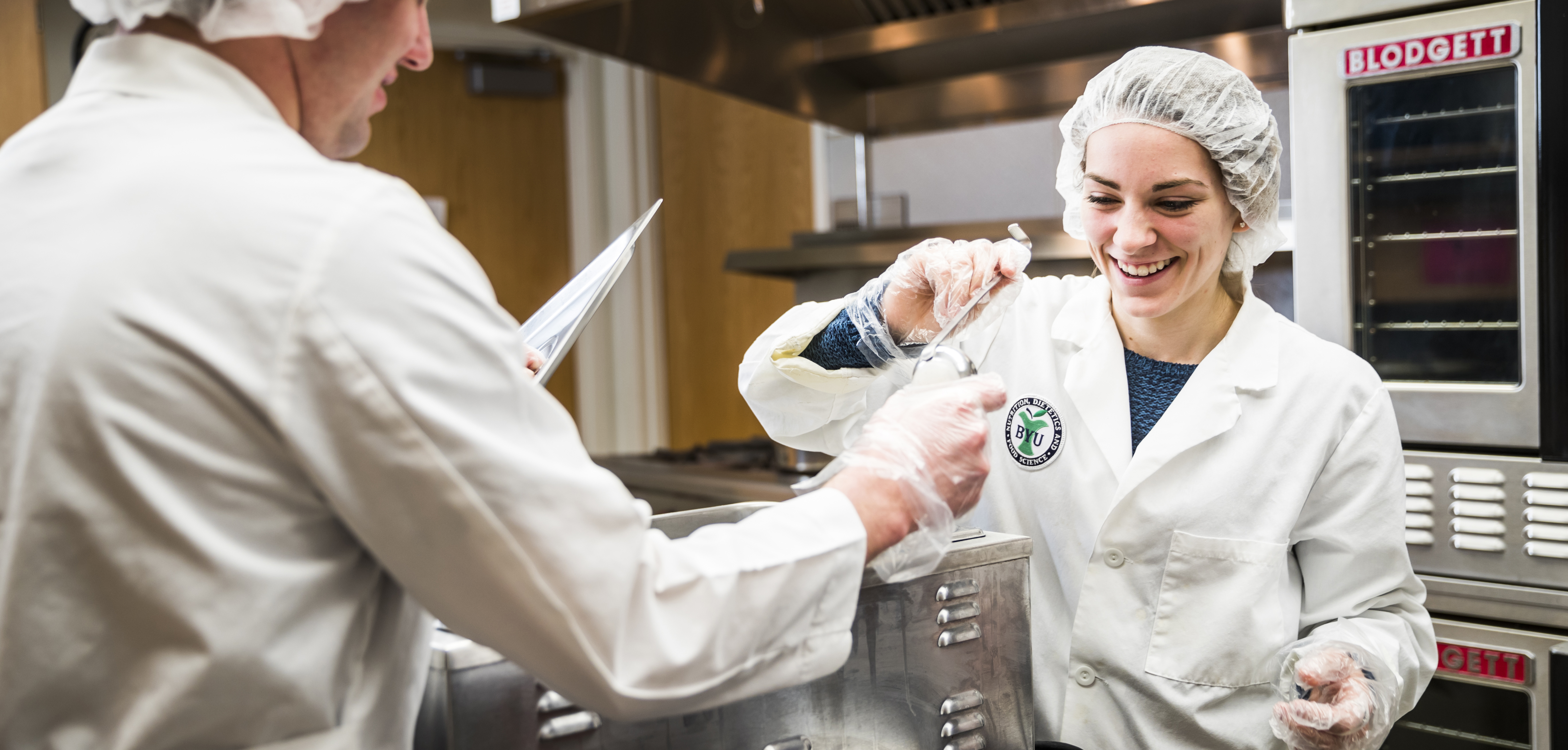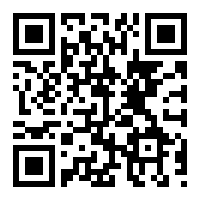
BYU’s Food Science Sensory Laboratory provides a mentored experience to prepare students in the food science program for their careers.
Established in 1986, the sensory lab was created for companies to test and receive feedback on their products, enabling companies to decide whether it needs to make any changes to its product before releasing it to grocery shelves.
Food science professor and Lab Manager Dr. Laura Jeffries explained the purpose of the lab is two-fold.
“(The lab) provides a service to product developers in the food industry and gathers consumer feedback about different products,” Jeffries said. “The other is to provide a mentored experience for food science students because it’s such an integral part of their training.”
Jeffries said she appreciates how the program helps students gain hands-on experience in the lab that will help further their careers in food science.

“It is wonderful to work with such great students and to know that what they’re learning is 100 percent applicable to what they could be doing in the food industry,” Jeffries said.
According to Jeffries, the experience of being involved in a sensory lab at the university level is rather unique. She explained not every food science program in the country has the privilege of a sensory lab.
“Ultimately we want them to understand the science behind conducting sensory panels and also to have a real life working opportunity to answer questions that matter,” Jeffries said.
Not only does the lab benefit the students in the food science major and the different companies, but it benefits BYU students and faculty who participate in the panel, according to Assistant Lab Manager Kara Phipps.
The lab also functions because of the students and faculty that come and participate in the panels. Any BYU student or faculty can participate. Phipps expressed the need for diversity in the panel.
“We really do want a variety of people,” Phipps said. “We want a certain number of people of each gender and age group.”

According to Phipps, the lab recruits through email surveys. Students can go to the sensory lab website or scan the QR code to be entered into the email system and get notified about panels.
Participants can expect to spend about 15 minutes in the lab and are compensated for their assistance, according to Phipps.
A regular panelist and BYU staff member Lemikki Westlund talked about her experience as a panelist. Westlund has been a regular panelist for about seven years.
“They expect you to give an honest opinion,” Westlund said. “What I’ve learned is that companies want opinions before they waste a lot of money. It’s cool to know that you are helping to make a decision that can affect a lot of people.”




